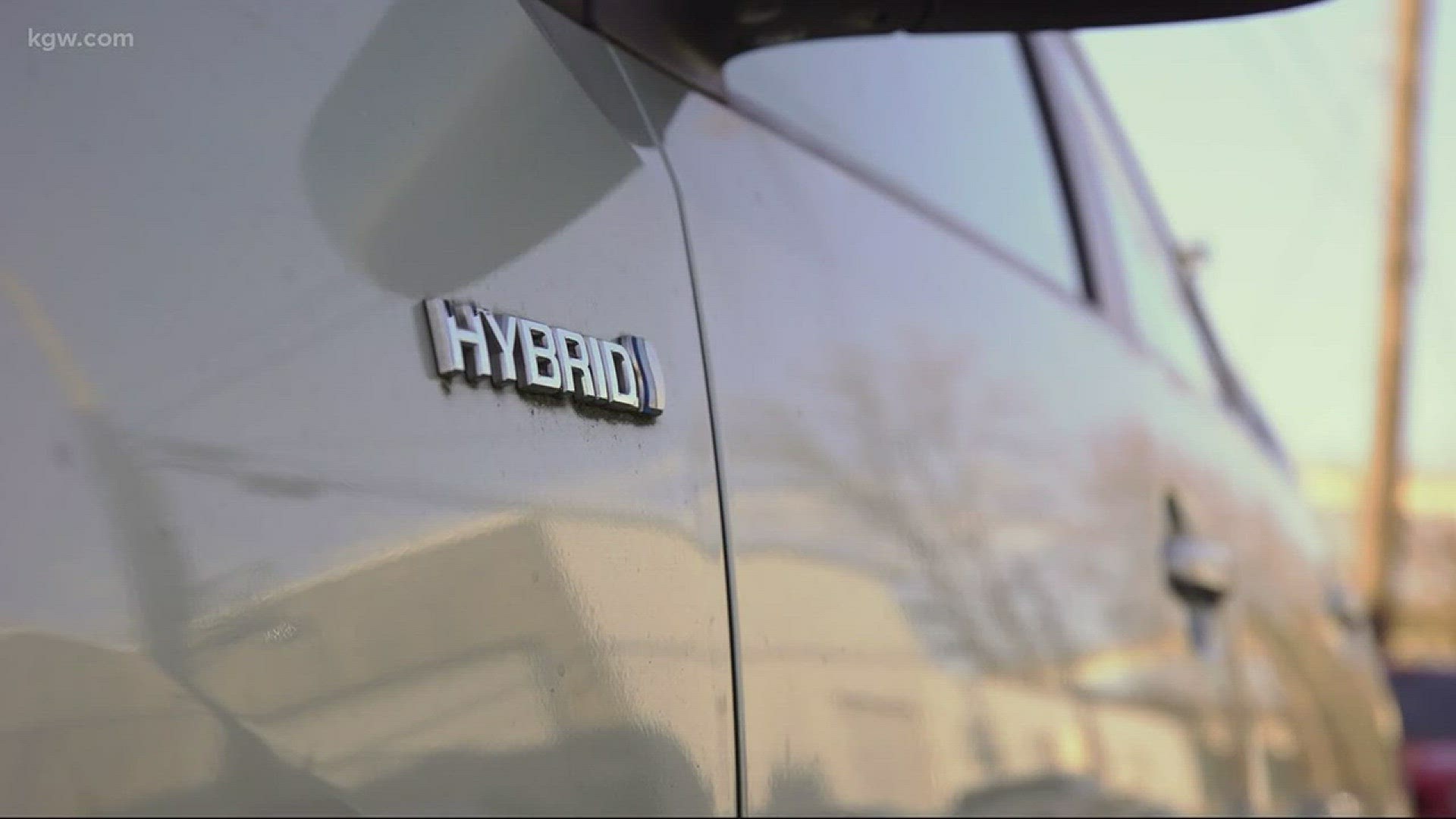PORTLAND, Ore. — Mary Rait loves her 2008 Toyota Prius. But apparently, so do rats and mice.
They got under the hood of her hybrid vehicle and chewed through the electrical wiring. These pesky rodents caused $800 worth of damage.
“I’d never heard of it before,” said the Northeast Portland woman. “But once I got over that shock, I Googled it and found a bunch of different stories about people having these repeated issues.”
Online technical service bulletin boards are filled with posts about rodent-inflicted damage to hybrid vehicles.
“It’s a terrible problem,” said Jim Houser of Hawthorne Auto Clinic in Southeast Portland. Houser sees rodent-related damage on a regular basis, but warns that it’s not just the wiring in hybrid vehicles that rats and gnawing on.
“There’s Toyota, Honda, Mazda, yeah we’ve seen a lot of it,” he explained.
So what is the attraction? Some mechanics theorize newer model cars use soy-based insulation on the wires. They’re biodegradable and more appetizing to rodents than traditional petroleum-based electrical insulation.
“So, while you are trying to be a more environmentally friendly manufacturer you are actually putting food on the wires,” said Rait.
The Prius owner was alerted to the problem when her warning lights came on, but the car continued to function.
“I looked down and all these red lights were on. We service our car regularly, so it was the oddest thing,” said Rait.
Other car owners discovered rats under the hood after smelling foul odors. The rodents got into cars via their ventilation systems.
In 2016, a class action lawsuit was filed against Toyota alleging rats and rodents are attracted to the eco-friendly material.
Lawyers representing Toyota argued it may not be the wires, arguing rodent inflicted damage is an age-old problem in all vehicles.
“It is at least equally possible that all the damage plaintiffs alleged here would have occurred regardless of the type of insulation Toyota used, just because the rodent is a common pest that habitually gnaws on whatever it can,” wrote lawyers representing Toyota in a motion to dismiss the case.
The lawsuit is still pending.
Mechanics admit there’s little that car owners can do to prevent rats from chewing on wires.
“Have a cat live in your garage?” Houser said with a chuckle.
An online search turned up various possible solutions including rat traps around the vehicle. One reader suggested using rodent-deterrent tape treated with super-spicy powder. Another post commented that coyote urine spray on the vehicle will help repel rats.
Mary Rait said she parks her Toyota Prius elsewhere, just in case the rats come back for a second helping.
“We don’t park the car in our driveway anymore. We just leave it on the street because maybe there’s less possibility of a rodent coming back.”

